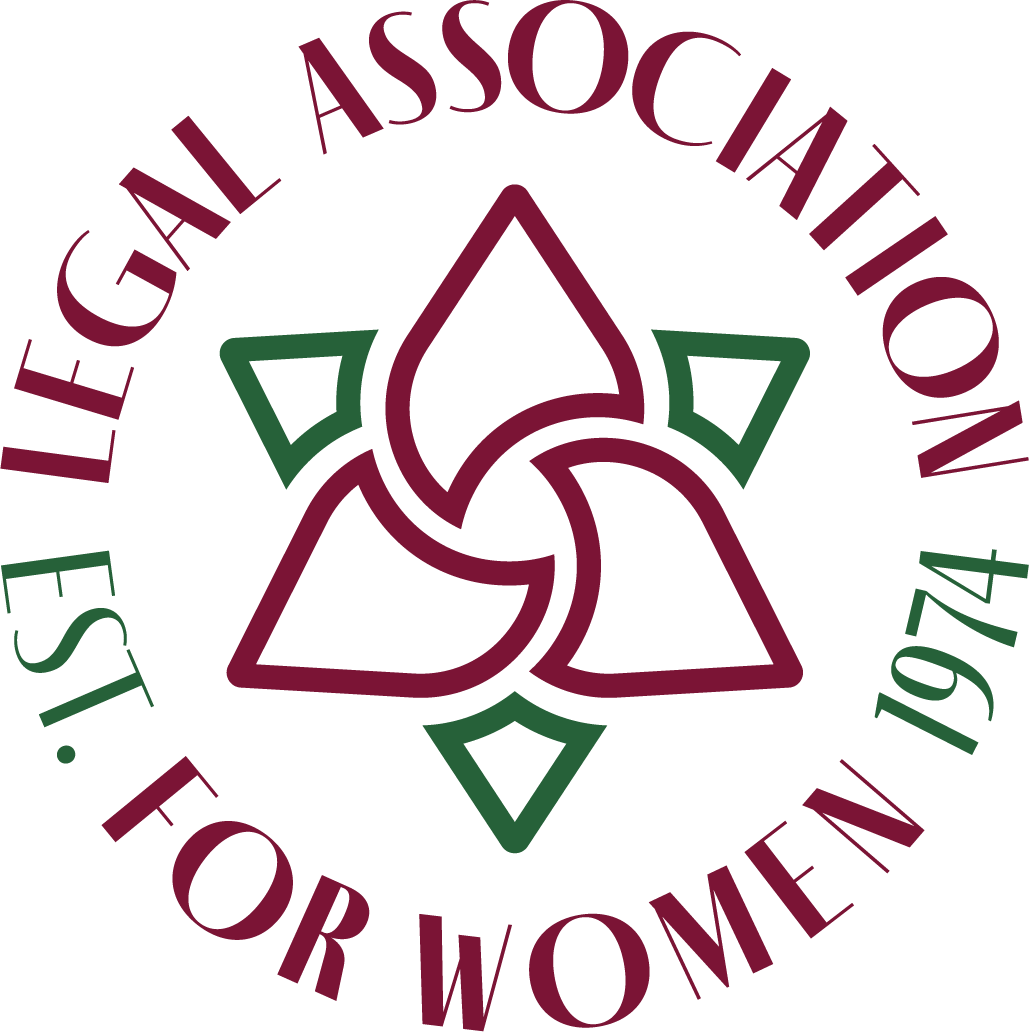Topic: Rule 702: Origins, Implications, and Standards for Admissibility of Expert Testimony
Speaker: Gail Groy (Founder and President, Groy Law Firm)
Please register for the luncheon here.
This presentation reviews past and current standards for admissibility of expert testimony and provides information regarding the amended Federal Rule of Evidence 702 legislation. After attending, participants will gain an understanding of the history of expert-qualifying standards and current rules for preparation of analytical expert reports and testimony.
Criteria embodied in Frye, Daubert and Rule 702 were introduced to assist the courts in systematizing the methodological standards used for technical forensic testimony. Briefly, the “general acceptance” standard of Frye, introduced in 1923, Frye V. United States held that expert testimony could be admitted into Court if the evidence was widely accepted in the scientific community. This standard was challenged and then superseded by the 1993 case, Daubert v. Merrell Dow Pharmaceuticals. Daubert replaced the Frye standard in Federal Court. The U.S. Supreme Court in Daubert provided that as a standard expert testimony could be accepted without the need for peer review, provided that the judge acts as the gatekeeper to ensure that the expert witness was qualified, scientifically reliable, relevant, and could assist the trier of fact to understand the evidence or to determine the facts of the case on point. Specifically, “The trial judge must ensure that any and all scientific testimony or evidence admitted is not only relevant, but reliable”. Recognizing the variability extant within the Federal Courts for implementation of these rules and for clarification, Federal Rule of Evidence, Rule 702 proposed amendments were unanimously approved in May 2023 and went into effect, after the statutory period, on 1 December 2023.
